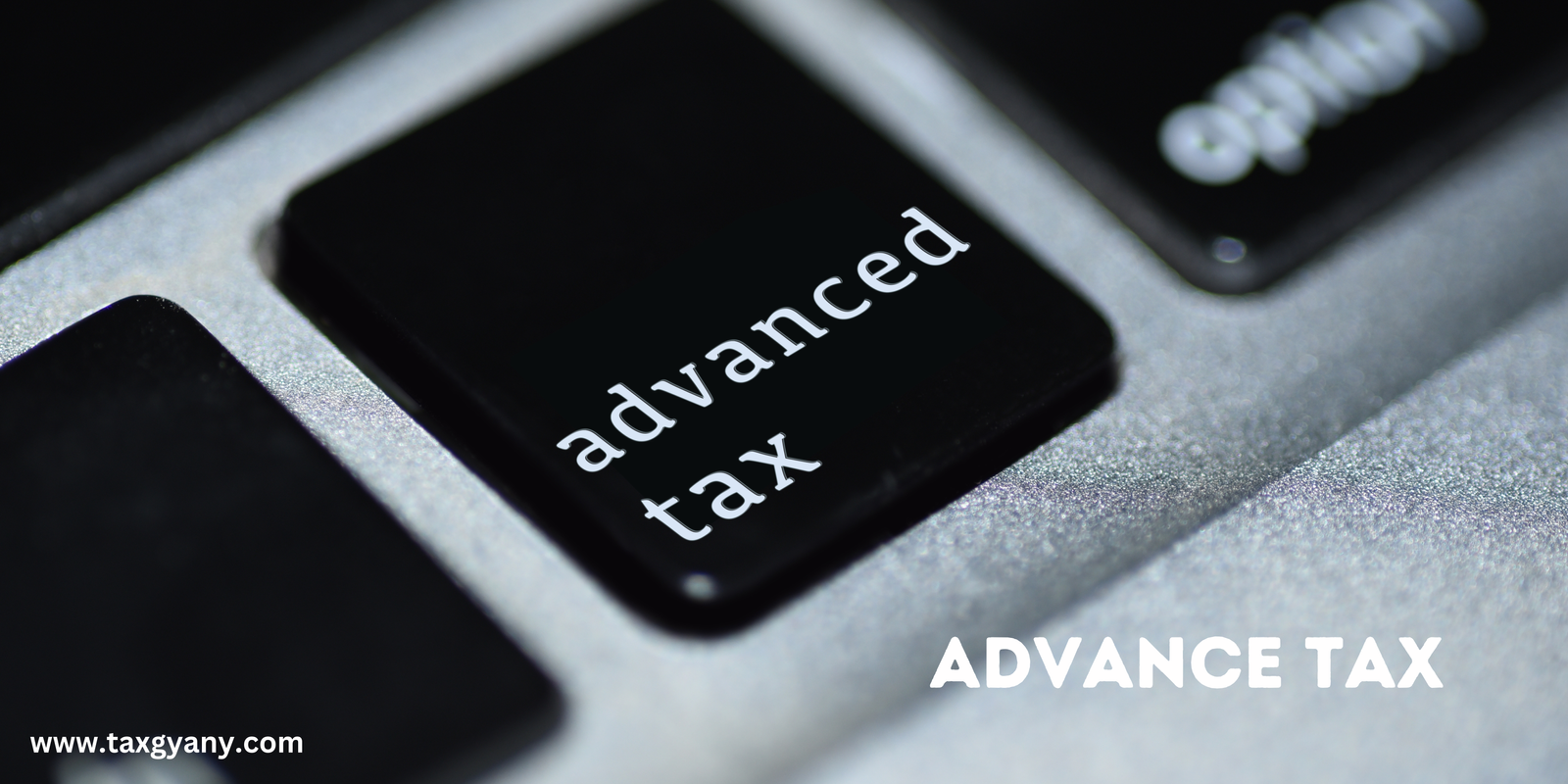Advance tax, a cornerstone of responsible financial planning, is a mechanism that ensures taxpayers proactively meet their tax liabilities throughout the fiscal year rather than in a single lump sum at year-end. To navigate this crucial aspect of tax compliance in India, it’s essential to grasp the rates, installment timelines, and calculation methods prescribed by the Income Tax Act.
Rates of Advance Tax:
The rates for advance tax are determined based on the estimated total income for the financial year. Individuals, Hindu Undivided Families (HUFs), and businesses must adhere to the specified rates to avoid penalties. As of the current provisions:
– On or before 15th June: 15% of the estimated tax liability.
– On or before 15th September: 45% of the estimated tax liability.
– On or before 15th December: 75% of the estimated tax liability.
– On or before 15th March: 100% of the estimated tax liability.
Installments :
The tax liability is divided into four installments as outlined above. Timely payment of these installments is crucial to prevent penalties. Missing the due dates can result in interest charges under Section 234B and 234C of the Income Tax Act.
- Example
Let’s consider the case of Mr. A, a salaried individual with an estimated total income of ₹8,00,000 for the financial year 2023-24. Based on the tax rates, he is required to pay his taxes in four installments as follows:
– 15th June: 15% of ₹8,00,000 = ₹1,20,000
– 15th September: 45% of ₹8,00,000 = ₹3,60,000
– 15th December: 75% of ₹8,00,000 = ₹6,00,000
– 15th March: 100% of ₹8,00,000 = ₹8,00,000
By adhering to these installment payments, Mr. A ensures that he meets his estimated tax liability in a phased manner, aligning with the Income Tax Act’s provisions.
Benefits of Advance Tax Compliance:
1. Avoiding Penalties: Timely payment of tax helps taxpayers steer clear of penalties and interest charges, promoting financial discipline.
2. Cash Flow Management: Distributing tax payments throughout the year aids in better cash flow management, preventing financial strain during the year-end.
3. Meeting Legal Obligations: Compliance with tax regulations is not just prudent financial planning but also a legal requirement under the Income Tax Act.

Advance Tax Contribution in India’s Economy: How It Impacts Growth
sources: https://shorturl.at/evJT9
advance tax is a system where taxpayers pay their taxes in installments throughout the year, instead of a lump sum at the end. This system ensures a steady inflow of revenue for the government and helps in efficient fiscal management. Advance tax is applicable to individuals, companies, and firms whose tax liability exceeds ₹10,000 in a financial year.
- Impact on Government Revenue
Advance tax plays a crucial role in the government’s revenue collection. By collecting taxes in installments, the government can plan its expenditure better and meet its financial commitments. It also reduces the burden of collecting a large amount of tax at the end of the financial year, ensuring a smoother cash flow for the government.
- Encouraging Compliance
The advance tax system encourages taxpayers to estimate their income and tax liability accurately. This helps in reducing tax evasion and promotes tax compliance. Taxpayers are required to pay tax based on their estimated income, ensuring that they fulfill their tax obligations in a timely manner.
- Stimulating Investments and Spending
Advance tax payments are often indicative of the performance of businesses and individuals. Higher advance tax payments indicate higher profits and income, which can be a positive sign for the economy. Moreover, by paying taxes in advance, taxpayers free up capital that can be used for investments or spending, thereby contributing to economic growth.
- Effect on Borrowing Costs
For businesses, advance tax payments can impact their borrowing costs. Higher tax payments may lead to lower retained earnings, affecting the ability to finance expansion or investment projects internally. This could result in increased reliance on external financing, which comes with its own costs and implications for the economy.
Conclusion
In conclusion, understanding the rates, instalments, and calculation methods for advance tax is imperative for every taxpayer in India. This proactive approach not only ensures compliance with tax regulations but also contributes to effective financial management, preventing last-minute financial stress and fostering a responsible approach to taxation.
for more information: https://taxgyany.com/
sources: https://shorturl.at/evJT9

